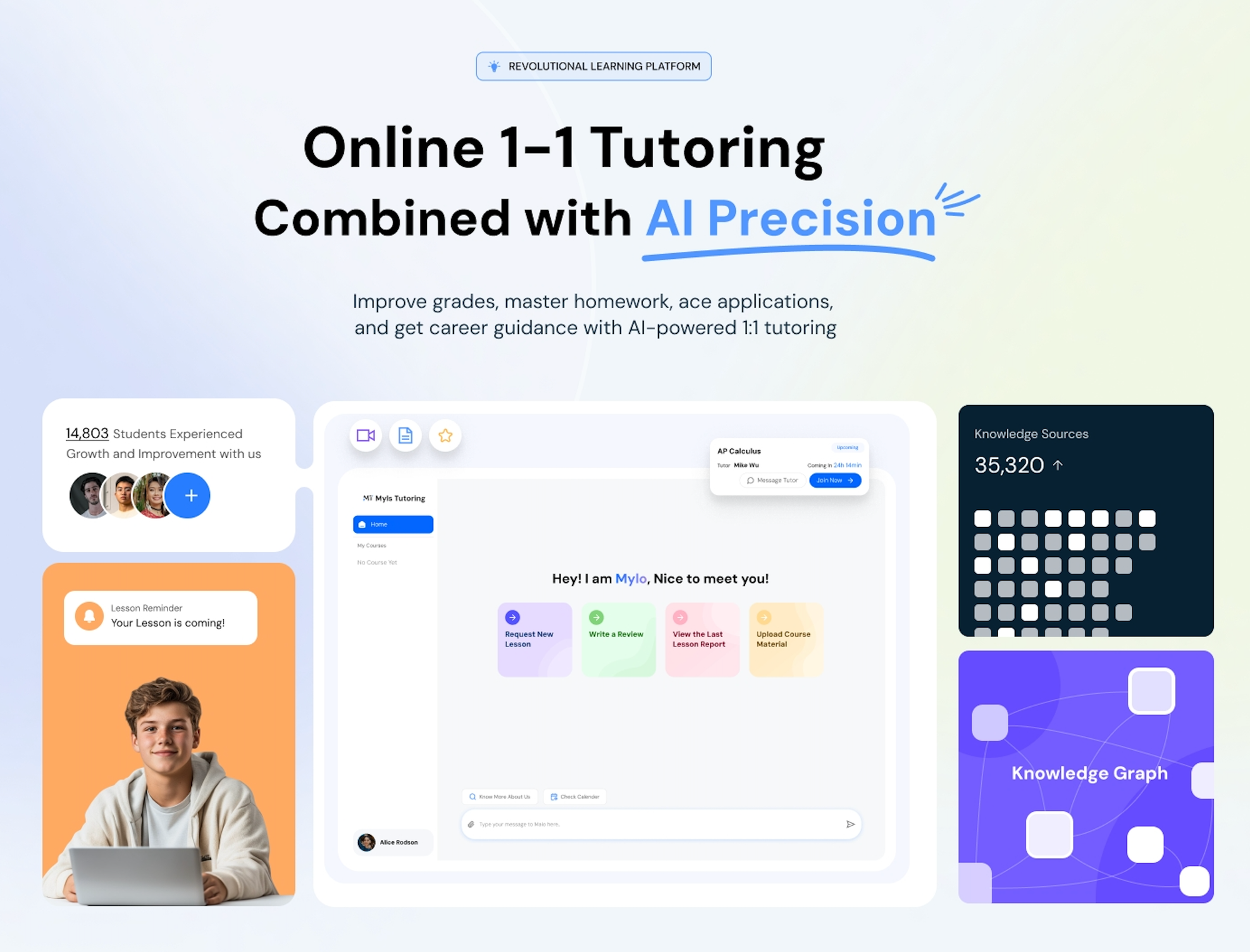IELTS Listening: How to Stay Focused and Catch Every Detail
Worried about missing answers in IELTS Listening? Learn how to stay focused, anticipate tricky phrases, and train your ear for success. This guide breaks down question types, common pitfalls, and how Myls Tutoring helps you build real-time listening and test-taking confidence.

The IELTS Listening section moves fast—and it only plays once. One missed word, and you could lose the thread of an entire question set. But with the right techniques, you can train your ear to stay focused, anticipate answers, and catch even the trickiest details. This section rewards active listening, strategic preparation, and mental discipline.
In this blog, we’ll walk through the format of the IELTS Listening test, explain what types of questions to expect, and give you strategies to improve your focus, note-taking, and accuracy under pressure.
Understanding the IELTS Listening Test
Format Overview
The IELTS Listening test has 4 sections, total about 30 minutes of audio, followed by 10 minutes to transfer your answers (paper-based test only). Each section becomes progressively more difficult.
- Section 1: A conversation in a social context (e.g., booking a hotel room)
- Section 2: A monologue in a general context (e.g., a tour guide’s talk)
- Section 3: A conversation in an academic setting (e.g., student and professor)
- Section 4: A monologue on an academic subject (e.g., a lecture)
You answer 40 questions in total. You can find more detail on the IELTS official website.
Listening Once Only
Unlike some other language exams, IELTS Listening does not replay audio. This makes preparation especially important—there’s no second chance to hear the answer.
Key Question Types
You’ll encounter several question types across the four sections:
Common Formats
- Multiple Choice
- Form/Note/Table Completion
- Sentence Completion
- Matching
- Map/Diagram Labeling
- Short Answer Questions
Each type requires a slightly different listening strategy. For example, note completion usually follows the audio word-for-word, while multiple choice often includes distractors.
IELTS Listening Example: Sentence Completion
The museum opens at ______ on weekdays.
Audio: "The museum opens to the public at 9:30 in the morning, Monday through Friday."
Answer: 9:30
Be sure to follow word limits carefully: NO MORE THAN TWO WORDS AND/OR A NUMBER
Strategies for Focus and Accuracy
1. Read the Questions First
Before the recording starts, you’ll get time to read the questions. Use this time to underline keywords, predict answers, and prepare your mind.
Tip: If the question asks for a time, expect to hear phrases like “at nine-thirty” or “around ten.”
2. Listen for Synonyms and Paraphrases
The exact wording in the audio may differ from the question. For instance:
- Question: The speaker thinks the weather was…
- Audio: “It was pretty miserable—cold and rainy most of the day.”
- Correct Answer: bad or miserable (depending on the options given)
Don’t listen for just one word—listen for meaning.
3. Watch Out for Distractions and Corrections
Speakers may change their minds mid-sentence, especially in conversations:
"So we’ll meet at the library—actually, let’s meet outside the coffee shop instead."
Answer: coffee shop, not library.
Always take note of changes in direction, corrections, or clarifications.
4. Stay Calm if You Miss Something
If you zone out or miss a question, move on. Trying to recall a missed answer will distract you from what’s coming next.
Mark it for review and listen for clues that might help you guess later.
Practice Techniques to Train Your Listening
Shadowing Practice
Repeat audio sentences out loud immediately after hearing them. This improves your accent recognition, rhythm, and focus.
Start with easier materials like news reports or podcasts, then move to IELTS recordings.
Dictation
Play a sentence, pause, and write down exactly what you hear. Then check your spelling and grammar.
This sharpens your ear for pronunciation, word endings, and plural/singular forms—all of which can impact scoring.
Use Official Practice Tests
Practice with real exam audio from trusted sources:
🔗 IELTS Listening Sample Questions – British Council
Pay close attention to British, Australian, and North American accents, which all appear in the test.
Practice Note Completion
Sections 1 and 2 often involve forms or notes. Practice writing short, accurate answers with correct spelling.
Example Audio:
“You can reach me at [email protected] or by phone at 416-555-2388.”
Answer: [email protected]
Common Mistakes to Avoid
Spelling Errors
Even if your answer is correct, a spelling mistake will cost you the mark. Train your ear and eyes to recognize common words.
Misreading Instructions
If it says "NO MORE THAN TWO WORDS", don’t write three. If it says “a number”, use digits (e.g. 14 not fourteen).
Poor Handwriting (Paper-Based Test)
Make sure your handwriting is clear, especially for capital letters, email addresses, and numbers.
Copying Wrongly in Transfer Time
If you're taking the paper-based IELTS, you get 10 minutes at the end to transfer your answers. Double-check spelling and placement.
If you're doing the computer-based IELTS, you type answers during the test—there's no extra time.
How Myls Tutoring Can Help You Succeed

Listening well in English isn't just about hearing—it's about understanding, predicting, and responding quickly under pressure. That’s exactly what Myls Tutoring helps you master.
Here’s how we support your IELTS Listening prep:
- Tutor Matching for Listening Specialists: Find expert online tutors who train you in accents, focus strategies, and real-time comprehension.
- Initial Assessment & Knowledge Mapping: Pinpoint which question types give you trouble and track progress visually.
- AI-Powered Practice Library: Access thousands of IELTS-format audio questions customized to your weak points.
- Knowledge Drive & Shared Audio Notes: Upload listening recordings and notes to review with your tutor anytime.
- Flexible, Smart Scheduling: Learn at your pace and reschedule easily—no long-term commitments.
- Study Skills Coaching: We teach you how to focus under time pressure and develop concentration stamina.
📚 Book your listening trial lesson today and train your ears for IELTS success.



